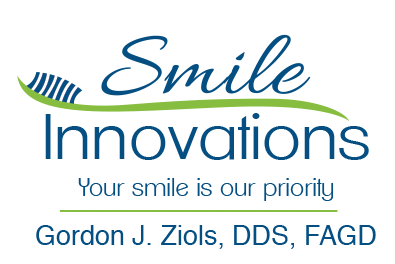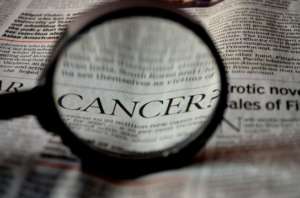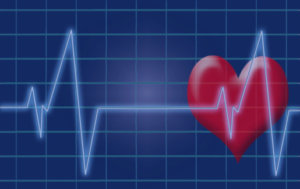Dentist in Jefferson Park
 It’s probably safe to assume that you don’t want the first thing people notice about you to be your bad breath. In fact, depending on the frequency and severity of the odor, bad breath could be hurting you professionally and relationally. There are some obvious causes of bad breath, including foods with strong smells, illness, or dry mouth. However, if you’re finding that a good oral care routine that includes flossing, brushing, and mouthwash isn’t enough to fix the problem, our dental team can help. Below is some information about the common causes of and cures for bad breath. Contact our dental practice today to learn more and to schedule an examination and cleaning!
It’s probably safe to assume that you don’t want the first thing people notice about you to be your bad breath. In fact, depending on the frequency and severity of the odor, bad breath could be hurting you professionally and relationally. There are some obvious causes of bad breath, including foods with strong smells, illness, or dry mouth. However, if you’re finding that a good oral care routine that includes flossing, brushing, and mouthwash isn’t enough to fix the problem, our dental team can help. Below is some information about the common causes of and cures for bad breath. Contact our dental practice today to learn more and to schedule an examination and cleaning!
Bad breath, also called halitosis, can be caused by a variety of factors. Eating food with strong odors can cause them to linger on your breath. Particles of food left behind in your mouth can cause the buildup of odor-causing bacteria. Alcohol and tobacco can exacerbate unpleasant smells in your mouth. Tooth decay and gum disease can cause strong odors as the bacteria eats away at your mouth. Patients with diabetes can experience a buildup in ketones, causing bad breath. Bad breath therefore is not only an embarrassing nuisance; it can also be a warning sign of other health issues.
The most common cause of bad breath is poor oral hygiene, so there are some easy steps you can take at home to begin addressing the issue. Make sure you’re following a regular oral care routine that includes daily flossing, twice daily brushing, regular mouthwash rinses, and twice yearly professional cleanings. You should also take time to brush your tongue, and might want to invest in a tongue scraper to help keep it clean. Stay hydrated to avoid dry mouth by drinking plenty of water throughout the day. Quit smoking, which will have far reaching health benefits beyond improving your breath. If needed, alter your diet. Foods that are overly sugary, spicy, or seasoned can all cause bad breath, as well as items like onions, garlic, coffee, and alcohol.
If none of these steps alleviate your bad breath, it could be a sign of a more serious issue. To learn more about preventing bad breath, or to schedule an examination and professional cleaning with our dentist, contact our practice today!


 During a comprehensive dental examination, our team will look for signs of oral cancer. Early detection is key with oral cancer. If caught early, most forms of oral cancer are treatable. Our dental team is trained and educated to identify oral cancer.
During a comprehensive dental examination, our team will look for signs of oral cancer. Early detection is key with oral cancer. If caught early, most forms of oral cancer are treatable. Our dental team is trained and educated to identify oral cancer. The human body is a network of interconnected systems and organs. Unfortunately, issues that impact one particular area of your body can also effect the health and function of other areas. Recently, studies have highlighted evidence for links between gum disease and heart disease.
The human body is a network of interconnected systems and organs. Unfortunately, issues that impact one particular area of your body can also effect the health and function of other areas. Recently, studies have highlighted evidence for links between gum disease and heart disease. X-rays provide useful visual data for dentists to utilize when treating you. Occasionally, guests to our office ask about the radiation from x-rays and the dangers associated with high-exposure. Rest assured, a dental x-ray is one of the safest medical imaging procedures there is. Here’s what you need to know about getting a dental x-ray.
X-rays provide useful visual data for dentists to utilize when treating you. Occasionally, guests to our office ask about the radiation from x-rays and the dangers associated with high-exposure. Rest assured, a dental x-ray is one of the safest medical imaging procedures there is. Here’s what you need to know about getting a dental x-ray.